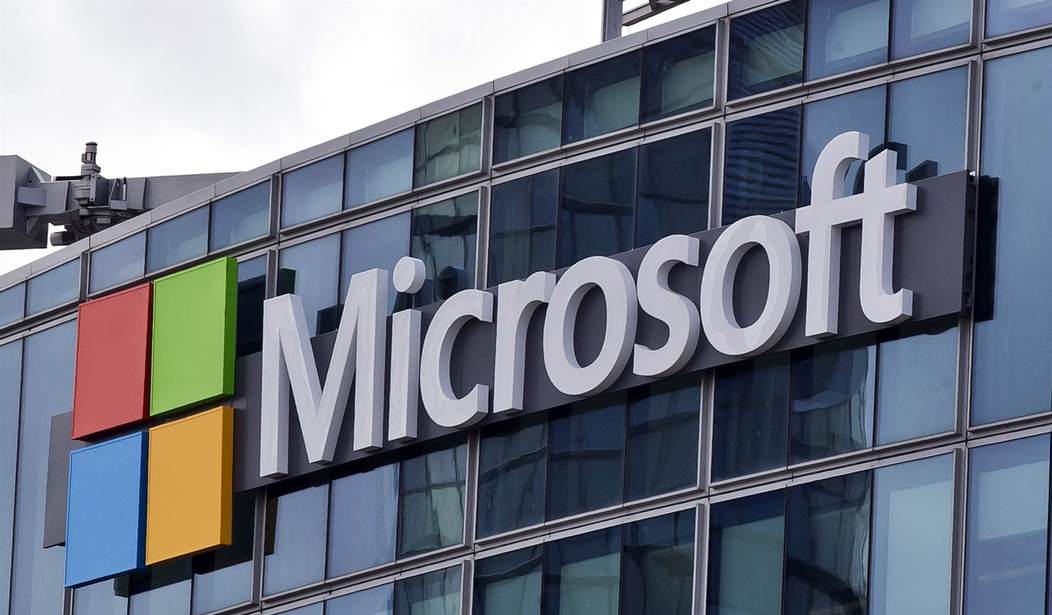The process for awarding defense contracts is traditionally ripe for undue lobbyist influence. Contracts are awarded by unelected bureaucrats, making oversight an essential element of the process to ensure that taxpayer dollars are not wasted. Unfortunately, in a classic case of the “who watches the watchers” conundrum, legislators involved in oversight can be vulnerable to pressure as well. Where and how much of that pressure has been applied regarding a major Department of Defense cloud-computing contract remains in the news.
The process of awarding the Joint Enterprise Defense Infrastructure (JEDI) contract has been ongoing for nearly two years. The goal of the process is to establish a secure modern cloud to store data for the DoD that could be accessed by soldiers and staff around the globe. Since the award could total as much as $10 billion, it has been hotly contested by tech giants such as Amazon, IBM, Microsoft, and Oracle.
Given the potential value, the award was always certain to be controversial. Yet the DoD’s decision to award the contract to a single winner rather than multiple has increased controversy surrounding the contract. Some conservatives in Congress, sharing concerns of tech companies unlikely to win a single award, alleged that this suggested the fix was in for Amazon to win the contract and demanded an investigation. These concerns reached the ears of President Trump, whose new DoD head announced that the contract process would be placed on hold while an investigation is conducted.
Yet despite the controversy over the decision to make the contract single-award, there are good reasons behind the decision that have nothing to do with favoritism towards Amazon or Microsoft, the two companies eligible to win a single-award contract. One of these reasons is the impact on the speed and efficiency of the new cloud — allowing the JEDI cloud to be managed by multiple providers risks hiccups and slowdowns as data is transferred between parts of the cloud managed by one company to parts managed by another.
Recommended
Another, more practical, reason for this approach is that a single provider significantly speeds up the process for adding new features and capabilities. With multiple providers, the DoD would have to create another mini-bidding process between each of the providers every time it wanted to add something new to the JEDI cloud, slowing down the rollout process. A single provider means that when DoD wants something new, it just goes to that provider and tells them.
There are security concerns with multiple providers as well. Currently, DoD operates more than 500 clouds, creating 500 potential “backdoors” into DoD data. Each additional provider to the JEDI cloud means an additional way in to the data.
Critics of the DoD’s single-award approach have argued the reverse — that a single provider means just one gate to batter down before having access to the entire JEDI cloud. Yet these same critics have argued that one of the problems with the single-award process is that security standards are too high for most potential providers to meet. Generally, one well-protected front door is safer than multiple less-secure back doors.
Additionally, the details of the contract have seemingly gotten confused in the shuffle. What has been reported as a 10-year, $10 billion contract is not that simple. The eventual winner of the contract only truly wins the contract for two years, after which DoD can choose to opt out if it is unsatisfied (DoD can also choose to opt out two more times later in the process). The $10 billion figure is also only the maximum that the awardee can win; in fact, the contract winner is only guaranteed $1 million.
None of this is to say that additional scrutiny is necessarily a bad thing. It’s likely that the odds-on winners have been extra careful to dot all the Is and cross all the Ts as a result of this awards process receiving more public attention (and formal protests from other bidders) than the average defense contract award, which is a good thing for the taxpayers that will be funding it.
But should political pressure prevent the DoD from making a decision based purely on security and military needs, that would most certainly not be a win. Cronyism is cronyism whether it occurs at the awards level or the oversight level, and single as well as multiple source contracts can be susceptible to it. Congress and the administration should be careful not to jeopardize a process that appears to have been conducted with the military’s (and by extension, taxpayers’) best interests in mind because of political pressure.
Andrew Wilford is a policy analyst with the National Taxpayers Union Foundation, a nonprofit dedicated to tax policy research and education at all levels of government.

























Join the conversation as a VIP Member